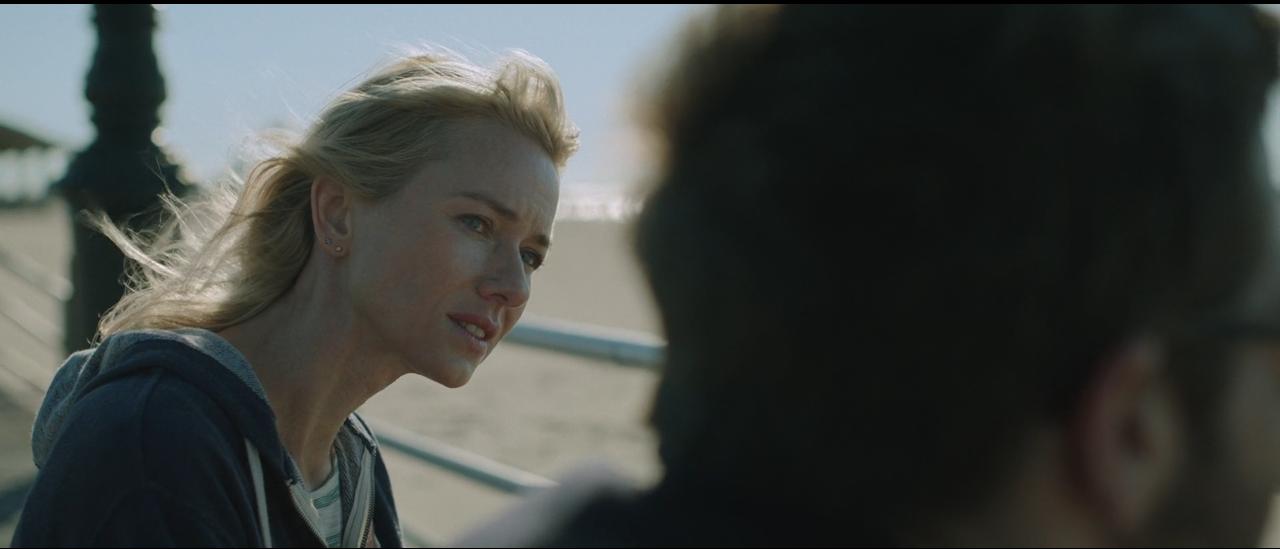
The story begins with Davis Mitchell (Jake Gyllenhaal), a successful private equity investor working at a firm led by his father-in-law, Phil. Davis’s life takes an unexpected turn when a car accident claims the life of his wife, Julia. She was driving them at the time of the crash. As Davis recovers in the hospital, he finds himself fixated on a malfunctioning vending machine that fails to deliver a packet of candy he tries to purchase. This seemingly trivial moment becomes the starting point of a bizarre journey, as Davis writes a lengthy complaint to the vending machine company, pouring his unfiltered thoughts and personal reflections into the letter.
This correspondence leads Davis to Karen Moreno, a customer service representative. Through a series of phone calls, the two begin sharing their personal struggles. Karen becomes the first person Davis confides in, though his tone remains detached and emotionless. At work, Davis surprises everyone by returning far sooner than expected, but his dispassionate demeanor unsettles his colleagues. On a train ride, Davis confesses to a stranger that he feels no sadness, pain, or grief for Julia’s death. When asked what he does feel, Davis impulsively stops the train, signaling his growing restlessness and disconnection.
As Davis’s emotions remain elusive, he begins dismantling the physical world around him. Equipped with a small toolkit, he takes apart household appliances, work computers, and even a bathroom stall, searching for answers inside. This compulsive behavior intensifies when he tells Phil he feels an urge to dismantle a 120-year-old grandmother clock in his office. Meanwhile, Davis notices a green station wagon that seems to be following him, heightening his unease.
Karen, intrigued by Davis, decides to observe him in person, joining him on the train without revealing her identity. However, she accidentally leaves behind some identification, which leads Davis to track her down. He discovers Karen’s chaotic home life, where she lives with her controlling boyfriend and boss, Carl, and her rebellious 15-year-old son, Chris. When Carl leaves for a business trip, Davis spends time with Karen and Chris, forming an unlikely bond. Chris initially resents Davis but grows to trust him as Davis becomes a mentor, encouraging Chris to embrace his individuality. In return, Chris helps Davis process his grief in unconventional ways.

Phil pushes forward with plans to honor Julia by funding a foundation in her name. Davis reluctantly participates in the scholarship selection process but behaves inappropriately during interviews, prompting Phil to demand that he transfer his $2.6 million life insurance payout into the foundation. Feeling disconnected from Julia’s memory, Davis turns to destruction as a form of release. With Chris’s help, he buys demolition tools and even a bulldozer to tear down his own house, piece by piece. While dismantling the home, Davis finds an ultrasound photo of Julia from a year earlier and is devastated by the realization that she had kept a pregnancy hidden from him.
Tensions come to a head on a pivotal night. Davis brings Karen to the scholarship ceremony, deeply unsettling Julia’s parents. During the event, a man makes an inappropriate advance toward Karen, only for everyone to learn he is the scholarship recipient. Karen laughs uncontrollably at the awkward situation, further escalating tensions. Davis then announces that Julia had been pregnant and never told him. Julia’s mother, overcome with emotion, reveals that Julia had been unfaithful, the child was not his, and she ultimately had an abortion. Stunned and heartbroken, Davis leaves with Karen.
Back at Karen’s house, Davis finds Carl has returned and is furious after discovering Davis’s letters to Karen. Carl confronts Davis, escalating into a physical fight. Meanwhile, Chris faces his own battle as he is brutally beaten by a group of peers after coming out as gay. The night leaves everyone scarred and searching for clarity.

Davis finds closure in an unexpected encounter. While visiting Julia’s grave, he sees the green station wagon again. A man carrying flowers approaches—Michael, the driver of the car that killed Julia. Instead of anger, Davis offers forgiveness, allowing his long-suppressed emotions to surface. Overcome with grief, Davis finally cries, releasing the pain he had kept buried since the accident.
This emotional breakthrough marks a turning point. Davis reconciles with Julia’s parents, asking Phil to fund the restoration of an old carousel slated for demolition. He envisions the carousel as a memorial for Julia, a symbol of joy and renewal.
Shortly after, Davis receives a letter from Chris, who writes that he is recovering from his injuries, and Karen has left Carl. Chris invites Davis to Pier 54 at a specific time. When Davis arrives, he witnesses the dramatic demolition of waterfront buildings across the Hudson River. From a nearby vantage point, Chris watches through binoculars, sharing in the moment from afar.
The film concludes with a powerful scene of release and renewal. Davis joins a group of children running in a park, embracing a long-buried childhood memory of wanting to win a race. As he sprints ahead with unrestrained joy, it’s clear that Davis has found a way to move forward, finally reconnecting with the world around him.
















Leave a Reply